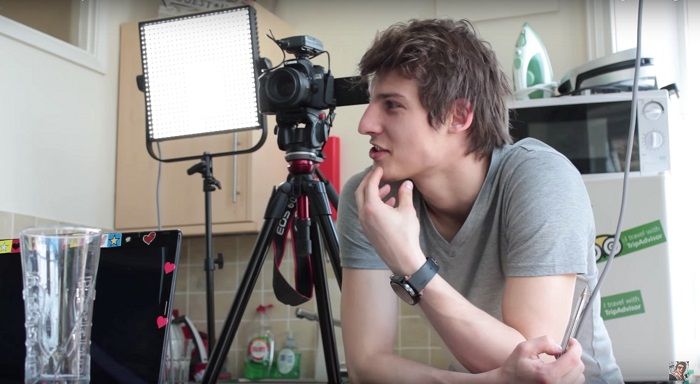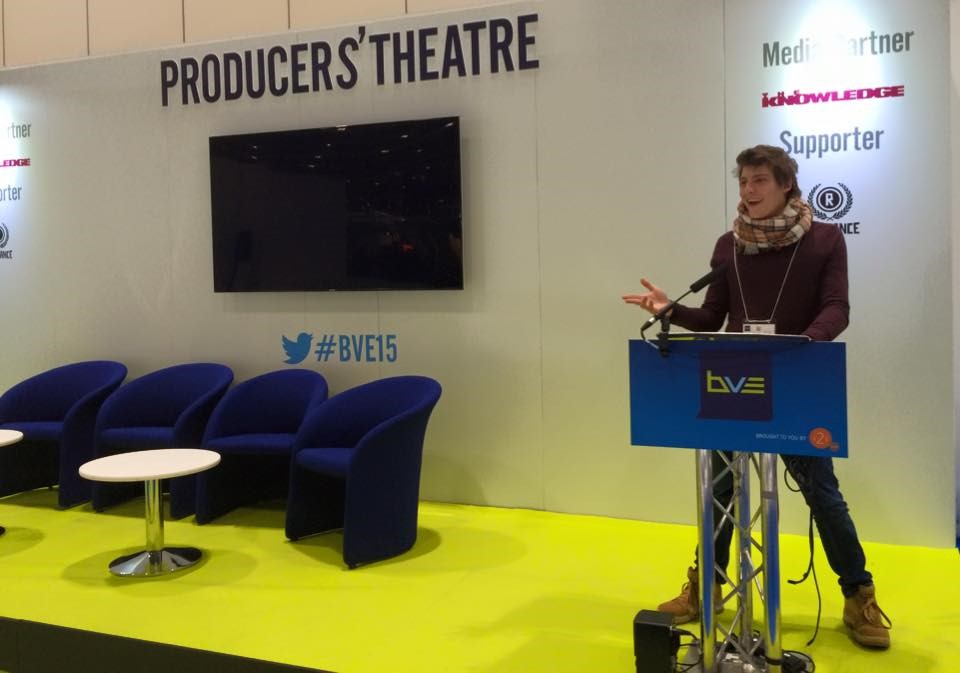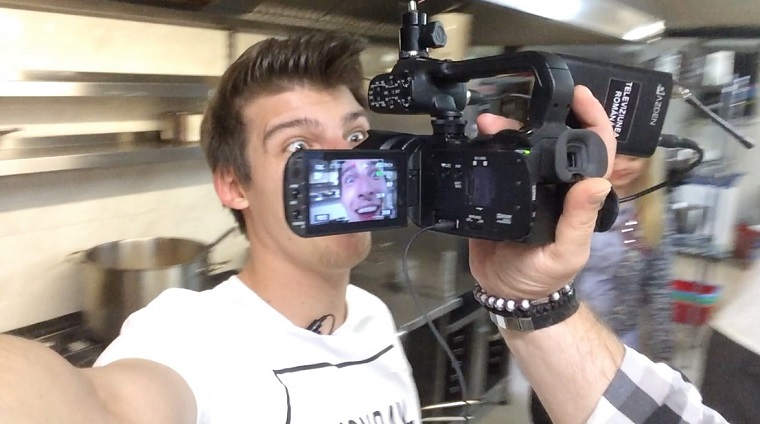CAP issue new advertising reminder to marketers and vloggers
While influencer marketing continues to grow in popularity, advertisers and vloggers have been issued with a reminder that they are both ”responsible for accurately labelling” adverts contained in video blogs.
The Committee of Advertising Practice (CAP) which together with the Broadcast Committee Advertising Practice (BCAP) writes the rules governing UK advertising, issued the reminder that if the marketer pays the publisher (vlogger), and has editorial control over the video they produce it counts as an ad, and that consumers need to know when they’re watching an ad. As these rules are fairly new, most marketers and vloggers are still making sense of the new regulations. YouTube vlogger, Bogdan, who has spoken to us in the past about why he thinks the Advertising Standard Authority should relax their regulations around sponsorship disclosure chats to us about his thoughts on the new guidelines from CAP.
The Committee of Advertising Practice (CAP) said that while vloggers and businesses “are free to establish commercial relationships” with one another, but both are responsible for ensuring consumers “know when they’re watching an ad, and when they’re watching editorial content”. What are your thoughts on this? I think that this ‘new’ publication is just a re-enforcement of what’s been in place since 2012. The information is nothing new to long-term YouTubers or to the audiences of big Youtubers like KSI and Jim Chapman. I believe that following YouTube’s recent inclination for long-form content and (implied) friendly ad-scape; the commercial side of content-creation is actually being promoted more than ever.
Both sides are responsible for ensuring that audiences know when they are consuming ads. In theory, this sounds good and seems fair to everyone, but in practice, it is really not as straightforward as that. For example, if the advertiser only makes use of a vlogger’s image (films him/her) for a corporate film/ad to be distributed on the advertiser’s platforms, the YouTuber should not be held accountable – as in this situation he/she is effectively a (freelance) employee of the advertiser.
This goes the other way around too: if a YouTuber creates paid content for an advertiser for an X sum of money and the end content is broadcasted on the YouTuber’s platforms – it is the vlogger’s responsibility.
Do you think that if the marketer pays the publisher, and has editorial control over the video they produce, that it counts as an ad? I think that this is when it counts the most as an ad. In this scenario, ownership would arguably be the marketeers who is selling or promoting something. Even in the situation where the video ends up promoting a good cause, charity or something educational/informative it is still an ad – whether it generates revenue or not. The YouTube guidelines are (generally speaking) a little unclear when it comes to what kind of content is an ad and what is editorial.
However when a specifically-designed messaged is broadcasted to a large number of people (at once) it is a hundred per cent promotion.
The new ruling suggests that advertisers will have control if they claim sole ownership of copyright and intellectual property rights of materials accrued through. Do you think this is fair? In essence it doesn’t sound fair at all, but we have to consider the circumstances in which this might take place. I think it would be fair if contractually agreed between the advertiser and the creator or his/her agent/manager who will be charging for the content production or development. There have been a few cases recently, where big YouTubers or companies who own a content ID code have claimed sole ownership of videos without enough justification. This sparked nine weeks of drama over the video sharing website and content creators are a lot more aware of these potential actions. For an advertiser to claim complete right to video it must be worth it for the creator as well – be it a one off payment or ‘epic’ promotion for the creator. It could also be a fair system if the advertisers then explicitly take on all responsibility of communicating the advertorial form of the video to the audience or consumers – reliving the creator from all responsibility on this matter.
Do you think consumers should be informed that an ad is an ad before they engage with it, for example by clicking on a thumbnail in a list of different videos? As much as I want to say yes, from the point of view of a consumer, I am fully aware that when I see the words ‘Commercial for X by big YouTuber’ I will have virtually no interest in clicking on the content. There has to be an element of genuine attraction to the video for it to be opened. Clickbait is constantly criticized and often annoying for us as the audience, but at the same time it is part of the YouTube watching-game.
I would hate to see a thumbnail in which I see my favorite YouTuber selling out – I’d much prefer to invest 60 seconds in watching the start of the video and hear the advertorial disclaimer. If the content is still good and original even as an ad, I would certainly continue watching it. At the end of the day, as audiences, we’re watching the charismatic vloggers we love – they need to protect their image and keep to an audience standard of expectation – branding the thumbnail will defeat this standard (I believe).
CAP said that the use of the words ‘advertisement feature’ or ‘#ad’ alongside vlogs that serve as adverts can satisfy UK advertising rule requirements. What are your thoughts on this? Adding a bit more text in the title would not really affect my decision to watch the video or not. For example ‘Epic Waterfall | #ad’ does not look good, but the focus is on the waterfall and this would appeal to me and I would then knowingly accept to watch the ad. I do believe that the choice of words or #ad could be a bit more loose – and allow the YouTubers/their management to choose something more related to the video at hand.
CAP is being overly strict and protective of its policies and YouTubers are fighting against them because they are too strict. Vlogging or in other words putting your personality online for the world to love, hate or critique does not work when you see all these unique personalities labelled the same way. #Ad in the title of (for example) 5 big YouTubers would make me think (at a glance) that they are all doing the same content – which may affect our viewing choice.





Leave a Comment